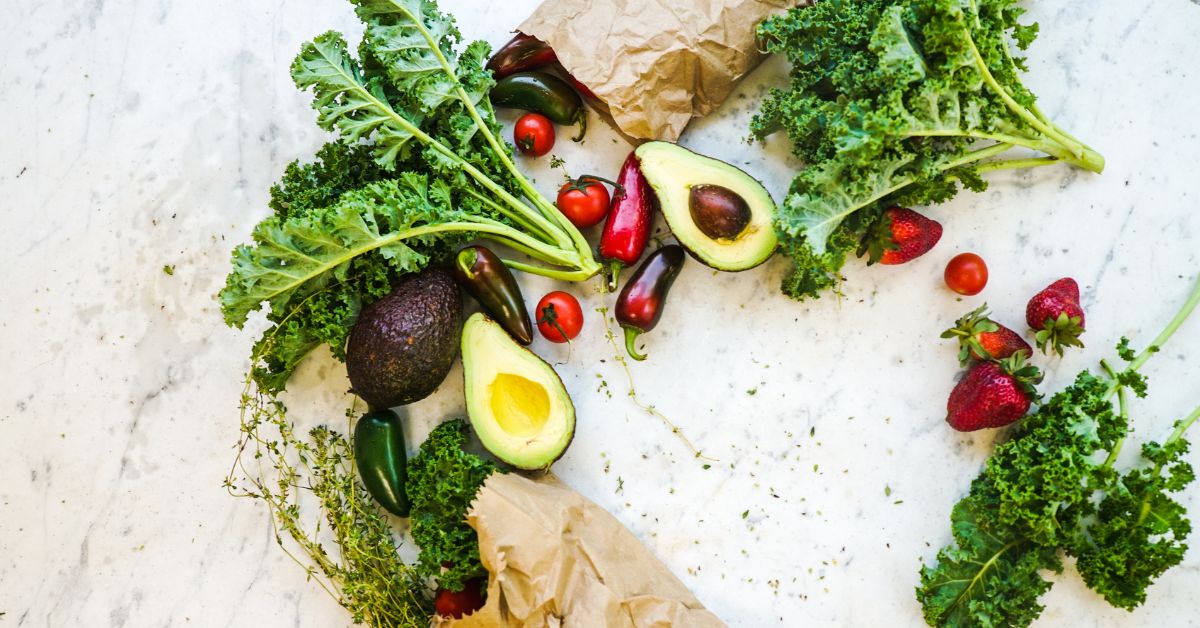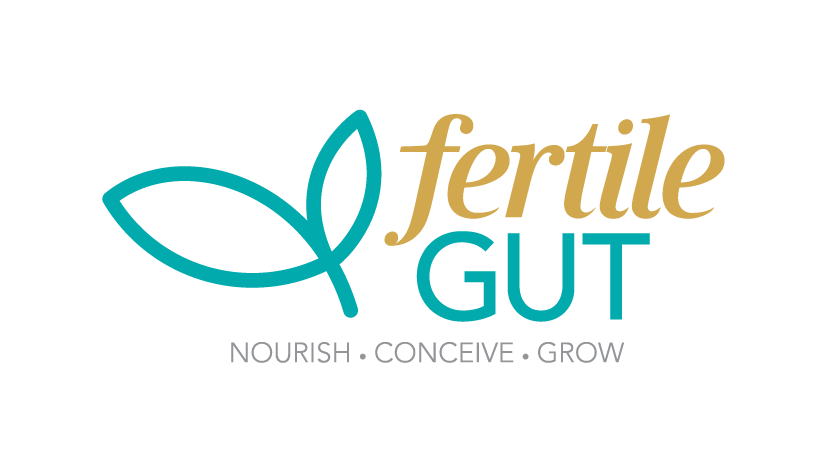|
In her absolute genius, mother nature has connected all non-essential bodily functions to physiological energy balance so in periods of famine non-essential physiological activity (such as reproduction) can be paused. While reproduction is of course necessary for survival of the species, the body prioritises individual survival… for the same reason flight attendants tell us to put on our own oxygen masks before we help others… that is… we’re no good to anyone, or our species, if we’re not functioning. Now, I appreciate that for many of us famine is a rare occurrence… I mean, how many of us live within a five-minute drive of at least 1 supermarket? Not to mention the abundance of corner shops and fast-food joints we pass on the way to aforementioned supermarket. Oh, and who has Uber Eats on their Smartphone? Yet, while we intellectually understand that we are not living in famine, our bodies and gut microbes base their definition of ‘famine’ on what passes through the gastrointestinal tract, and the regularity and consistency with which it arrives. So, on those weeks when we find ourselves too busy to schedule in regular times to eat, and it’s grab ‘n’ go at varying opportunistic times of the day (often making up for it in excess in the late evening) … the body is registering that we’re living in times of famine, and food is neither a predictable nor dependable commodity. The body feels safe shunting energy to fuel reproductive physiology when it knows there’s enough energy and sufficient nutritional diversity, delivered consistently. Let’s explore each of these… Energy AbundanceA reproductive cycle (from cultivating a viable egg, through pregnancy, to eventually weaning the offspring) is the most energetically costly activity female mammals undertake in their lifetime. Thus, the body has safe-keeping mechanisms in place to prevent risk to a mother or any potential offspring in times of caloric deficiency. In short – your beautiful body has totally got your back. Eating sufficient energy to match your metabolic activity is a must for fertility. Importantly, research suggests that it is not the absolute energy consumed that matters but that energy intake matches energy expenditure (1). Consuming insufficient energy for your needs may manifest as a lack of libido (suspected to be the result of disruption to ovarian steroid release, as well as reduced responsiveness to oestradiol by the part of the brain that controls female sexual behaviour), or manifest as suppressed ovulatory cycles (nil ovulation during your cycle or missing periods), due to a forebrain-controlled dampening of the luteinizing hormone (LH) surge that needs to occur for successful ovulation. This is why we often witness amenorrhea in females who are not meeting their energy expenditure requirements in the context of calorie restriction (e.g. dieting) or exercising without properly nutritionally replenishing themselves. An important caveat of energy abundance is that energy must be available for cells to use. For example, in the case of untreated diabetes, where there is an abundance of glucose trapped in the blood unable to be used as cellular energy, both sexual behaviours and ovulation are suppressed (1). If there is a risk that you may be living with untreated diabetes, getting help to manage blood glucose levels is important for your overall health, and will also increase your chances of falling pregnant. Similarly, in metabolic syndrome fatty acids are trapped in storage unable to be used for energy, hence infertility is a commonly observed side effect. Diversity AbundanceThe importance of diversity in the diet for fertility cannot be understated. Diversity (particularly of plants) not only ensures the availability of sufficient nutrients to help keep our human body functioning properly, it also ensures we are delivering a broad diversity of foods to our health-promoting gut microbes, who we know play an important role in supporting healthy sperm and egg development and uterine receptivity. A dietary pattern rich in different fruits, vegetables, fish, dairy, wholegrains, legumes, nuts, seeds, fish, poultry, and monounsaturated fats increases the probability of pregnancy following IVF (2, 3) and lowers the risk of ovulatory disorders and infertility due to other causes (4). If you would like to know if you are ovulating you can read here. Dietary patterns containing an abundance of different foods, rather than restrictive diets, positively correlate with biochemical pregnancy, clinical pregnancy, and probability of live birth (5). On the other hand, a Western Style Dietary pattern (low in plant diversity and healthy fats, while high in refined carbohydrates, vegetable oils, and processed meats) is associated with increased inflammation in follicular fluid and less blastocysts, as well as an increase in time to pregnancy, and delays in the female ovulatory cycle (6). Consistent AbundanceConsistent nourishment is a powerful signal to the body that the environment is conducive to reproduction. Indeed luteinizing hormone secretion (needed for ovulation) is tightly regulated by the forebrain (hypothalamus), which responds very rapidly to changes in availability of fuel (glucose or fatty acids) (1). Another note about consistency is the finding by Bavani and colleagues (7) that showed meal irregularity associated with irritable bowel syndrome prevalence. This is an interesting finding for fertility, since we know that IBS aligns with gut dysbiosis, which correlates with increased inflammation and oxidative stress, both of which negatively impact fertility. Consistently nourishing your body with a diverse array of foods sufficient in carbohydrate, protein, and health-promoting fats, rich in vitamins, minerals, phytochemicals, and antioxidants, is a wonderful first step when looking to conceive. If you are looking for support in cultivating nourishing practices for fertility, we would love to be there for you. Book in for a complementary call to see if we are the right support for you here. Blog Written by Emily Hahn APD References1. Wade, GN & Jones, JE (2004) Neuroendocrinology of nutritional infertility. Am J Physiol Regul Integr Comp Physiol 287: R1277–R1296, doi:10.1152/ajpregu.00475.2004.
2. Vujkovic M, de Vries JH, Lindemans J, et al. (2010) The preconception Mediterranean dietary pattern in couples undergoing in vitro fertilization/intracytoplasmic sperm injection treatment increases the chance of pregnancy. Fertil Steril. 94:2096–101. [PubMed: 20189169] 3. Twigt JM, Bolhuis ME, Steegers EA, et al. (2012) The preconception diet is associated with the chance of ongoing pregnancy in women undergoing IVF/ICSI treatment. Hum Reprod. 27:2526–31. [PubMed: 22593431] 4. Chavarro JE, Rich-Edwards JW, Rosner BA, Willett WC. (2007) Diet and lifestyle in the prevention of ovulatory disorder infertility. Obstetrics and gynecology. 110:1050–8. [PubMed: 17978119] 5. Sanderman, EA Willis, SK & Wise, LA (2022) Female dietary patterns and outcomes of in vitro fertilization (IVF): a systematic literature review, Nutrition Journal 21:5, https://doi.org/10.1186/s12937-021-00757-7 6. Skoracka, K Ratajczak, AE Rychter, AM Dobrowolska, A & Krela-Kazmlerczak (2021) Female Fertility and the Nutritional Approach: The Most Essential Aspects. Adv Nutr 2021;12:2372–2386; doi: https://doi.org/10.1093/advances/nmab068 7. Bavani, N.G., Hajhashemy, Z., Saneei, P. et al. (2022) The relationship between meal regularity with Irritable Bowel Syndrome (IBS) in adults. Eur J Clin Nutr 76, 1315–1322. https://doi.org/10.1038/s41430-022-01108-3 Comments are closed.
|
|
1300 084 694
[email protected] Suite T36, 477 Boundary St Spring Hill, Brisbane QLD 4000 Fax. 07 3540 8164 Copyright © 2022
|



